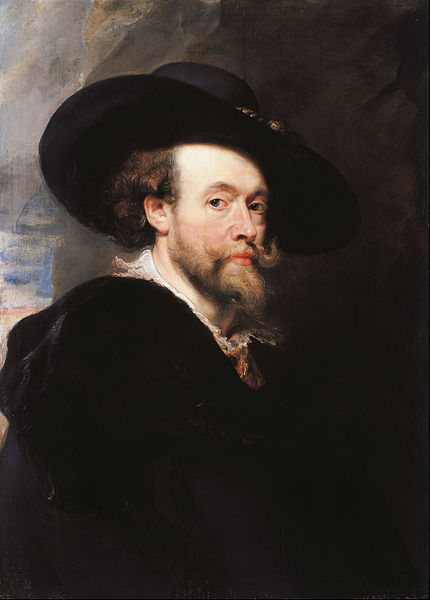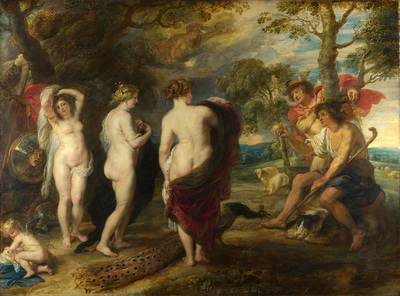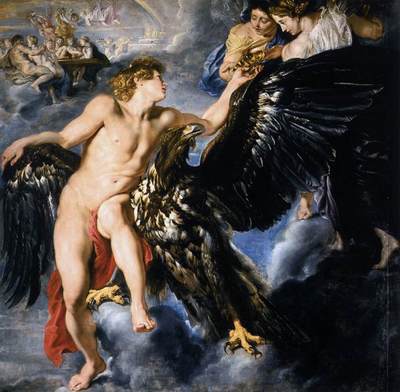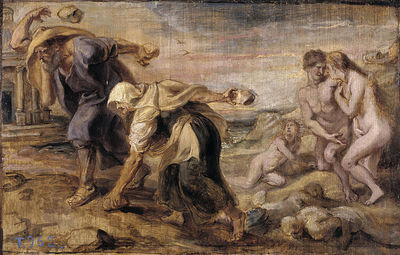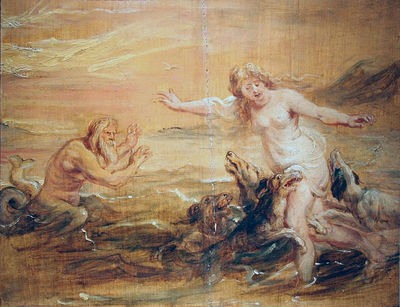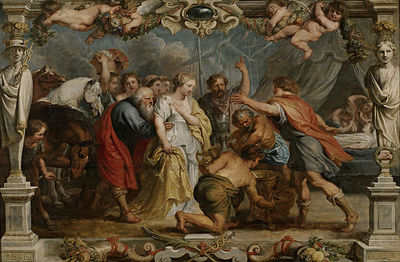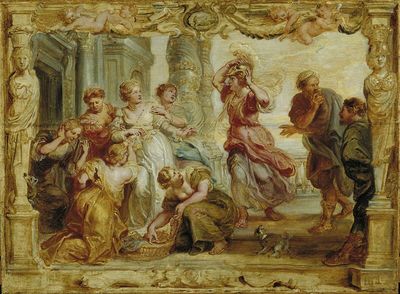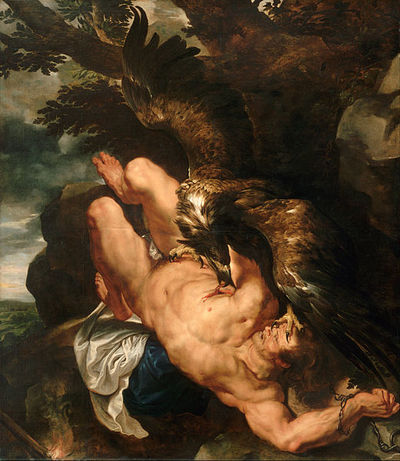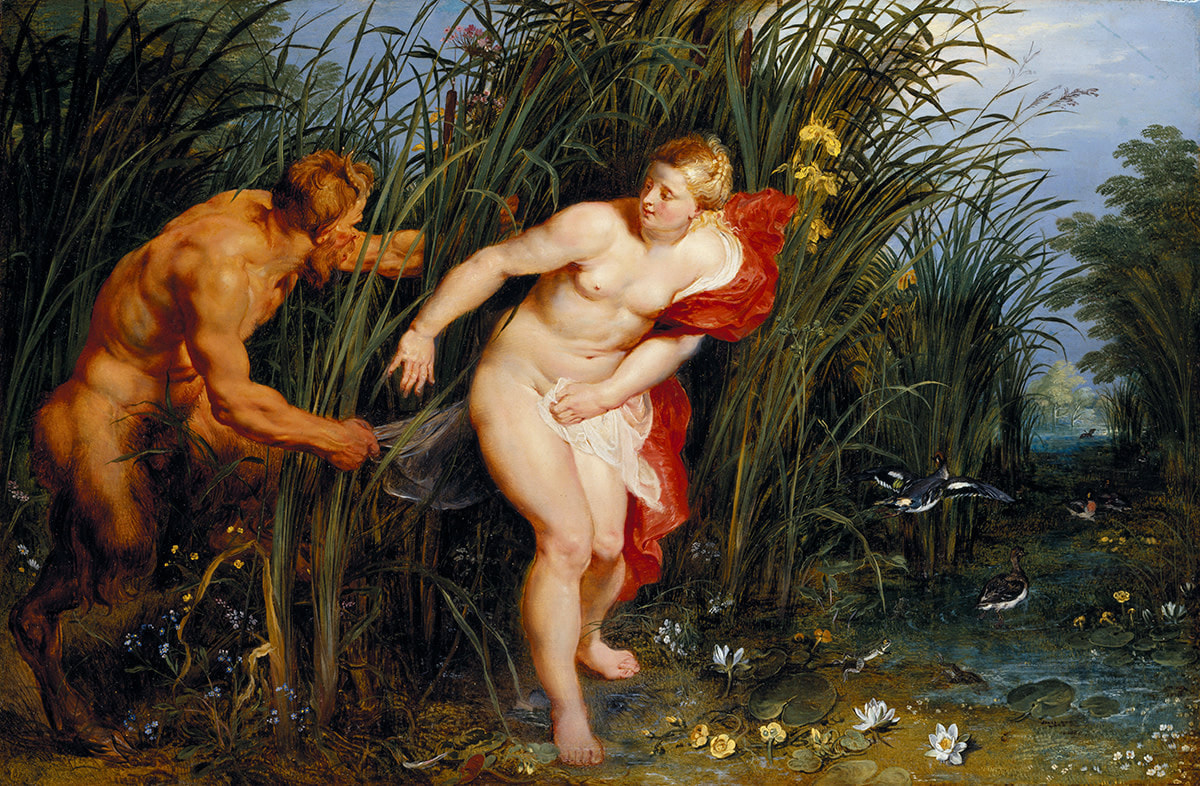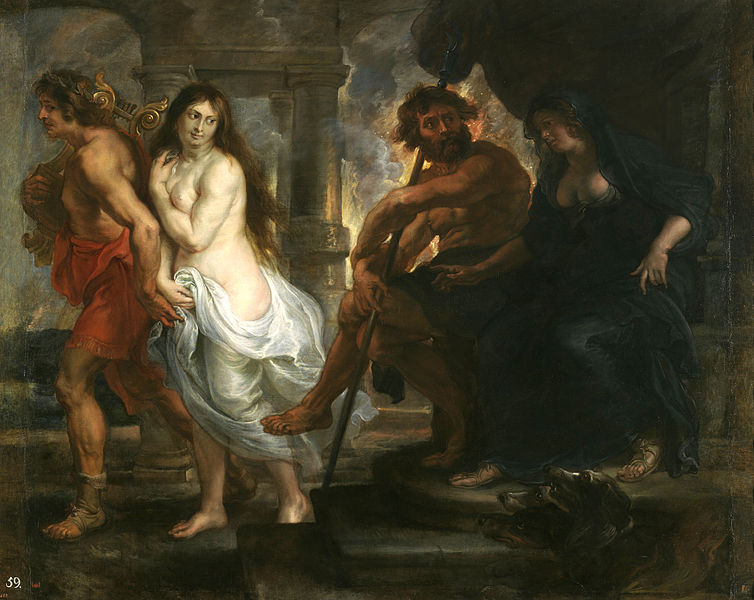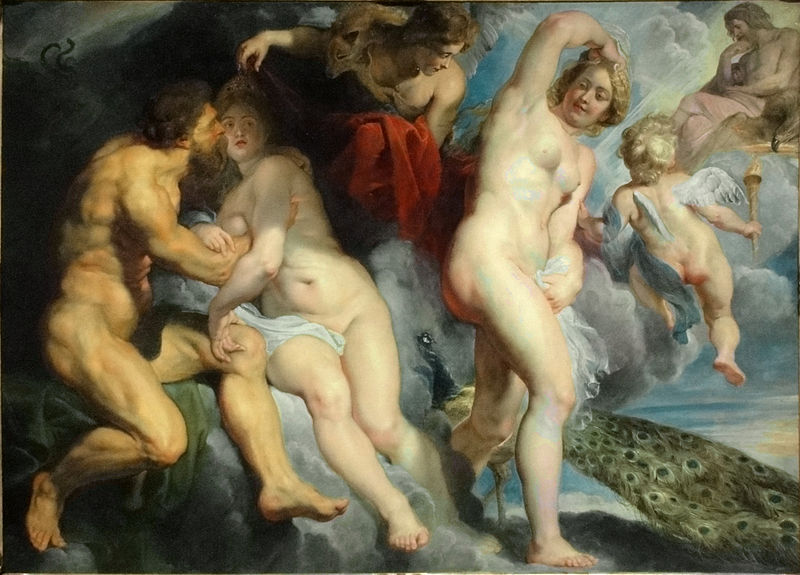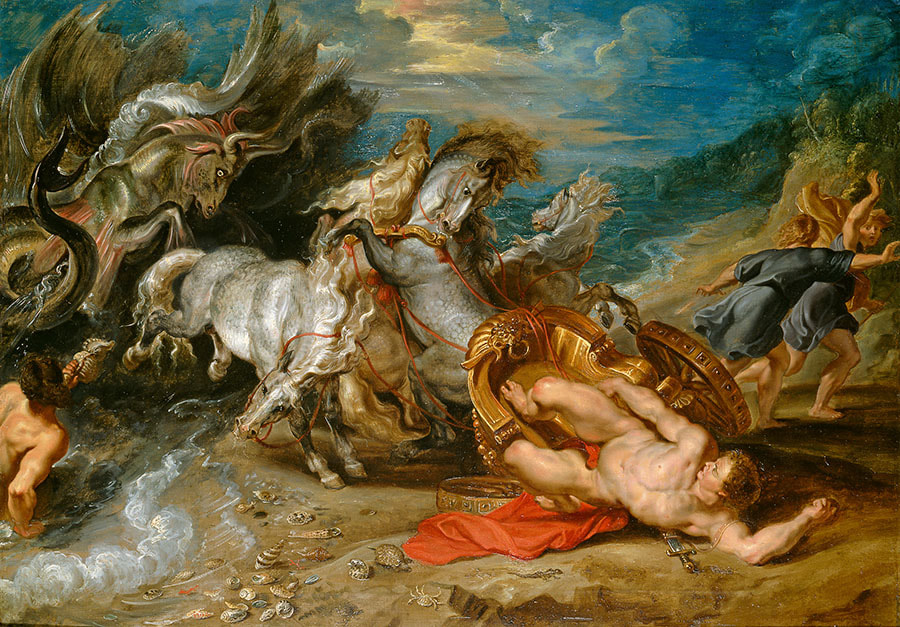Peter Paul Rubens (1577–1640)
Greek Mythology and Peter Paul Rubens
Peter Paul Rubens (28 June 1577, Siegen – 30 May 1640, Antwerp) is one of the most famous painters of all time. Part of the Antwerp school, Rubens would paint in the Baroque style, with many of his works highlighting the moment of highest drama in an event.
Born in 1577 in Siegen, Rubens will forever be associated with Antwerp, but Rubens would also travel extensively throughout Europe. Primarily working in oil on wood or canvas, Rubens was a prolific artist with some 1403 works catalogued as being undertaken by Rubens, but with many more being produced by his workshop, it is likely that the artist had his hand in many more. A good proportion of Peter Paul Rubens works deal with scenes from the bible or from classical mythology; and amongst his most famous works relating to Greek mythology are the likes of The Judgement of Paris (1635) and The Calydonian Boar Hunt (1612). |
|
|
|
|
|
|
